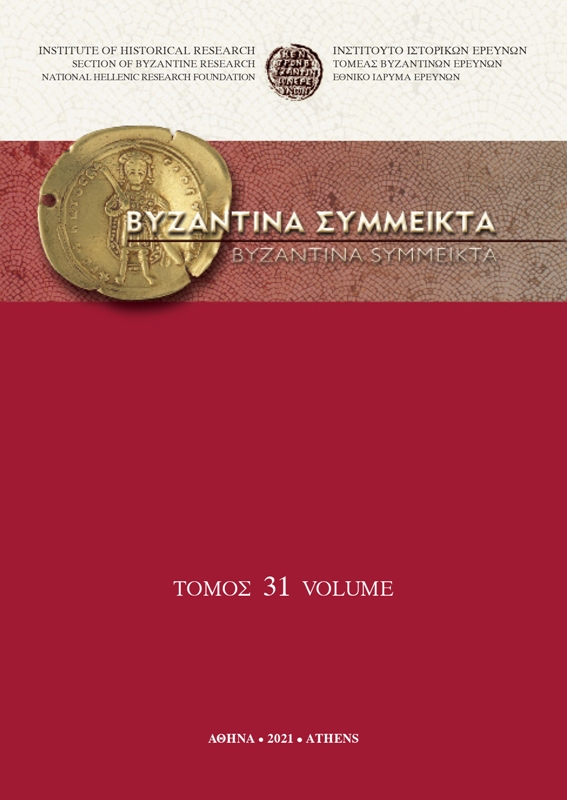Il pensiero patristico bizantino dei secoli IV-VIII e l'ambiente

Abstract
The article situates itself within the debate on ecological issues by emphasizing the importance of philosophical and theological approach to the questions at stake, and focusing on the contributions of Byzantine thought, which has been rather neglected in this context. With this in mind, the article offers a panoramic view of several Byzantine authors’ ideas on the environment and the relationship between human beings and the rest of the creation. By examining the thought of Maximus the Confessor, Dionysius the Areopagite, John Damascene, and John Chrysostom the author highlights their views on deification, unity of creation, and environmental/animal ethics in order to conclude that the mainstream Byzantine vision of nature was not its exploitation, but affirmation of the created world and crucial responsibility of human beings in it.
Article Details
- How to Cite
-
IVANOVIC, F. (2021). Il pensiero patristico bizantino dei secoli IV-VIII e l’ambiente. Byzantina Symmeikta, 31, 139–152. https://doi.org/10.12681/byzsym.25339
- Issue
- BYZANTINA SYMMEIKTA 31
- Section
- Articles

This work is licensed under a Creative Commons Attribution-NonCommercial-ShareAlike 4.0 International License.
Copyright: The copyright for articles in this journal is retained by the author(s), with first publication rights granted to the journal. By virtue of their appearance in this open access journal, articles are free to use (with the exception of the non-granted right to make derivative works) with proper attribution for non-commercial uses (licence Creative Commons 4.0). NHRF retains the worldwide right to reproduce, display, distribute, and use articles published in BYZANTINA SYMMEIKTA in all formats and media, either separately or as part of collective works for the full term of copyright. This includes but is not limited to the right to publish articles in an issue of the Journal, copy and distribute individual reprints of the articles, authorize reproduction of articles in their entirety in another NHRF publication, and authorize reproduction and distribution of articles or abstracts thereof by means of computerized retrieval systems.


